 After the European Parliament adopted its priorities for the next year’s EU Budget, or the Report on the General Guidelines for the preparation of the 2018 EU Budget, New Europe has asked the Romanian MEP Siegfried Muresan, chief negotiator of the EU Parliament for the 2018 budget of approximately 160 billion euros, as well as spokesman for the EPP and vice-president of the Committee for budgetary affairs in the Parliament, whether Brexit, Britain’s decision to leave the European Union, is having any impact on the EU’s budget as a whole.
After the European Parliament adopted its priorities for the next year’s EU Budget, or the Report on the General Guidelines for the preparation of the 2018 EU Budget, New Europe has asked the Romanian MEP Siegfried Muresan, chief negotiator of the EU Parliament for the 2018 budget of approximately 160 billion euros, as well as spokesman for the EPP and vice-president of the Committee for budgetary affairs in the Parliament, whether Brexit, Britain’s decision to leave the European Union, is having any impact on the EU’s budget as a whole.Siegfried Muresan: Well, not really, for now. Actually, as long as it remains a member country (and that will be the case for 2018), Britain will be functioning as it did until now, by remaining a net contributor and benefitting from the same funds at the same time. Agriculture is one sector, together with the structural and cohesion funds, in which the funds are predefined, every country knowing exactly how much it would receive.
New Europe: Does that mean that during the Brexit negotiations the Queen on England will continue to receive EU funds for her farms?
Yes, during the whole period of the Brexit negotiations, UK remains an EU member with total rights, paying its contributions and benefitting from EU structural and cohesion funds. Although the UK is a performing economy, there are British regions that are less developed than others, so they qualify for EU funds, including in agriculture. It is interesting and revealing that such regions, that plainly benefit from EU funds, have voted in favour of Brexit, of leaving the EU. This shows us that the benefits of belonging to the EU were not convincingly communicated by the political forces. Populists won by trafficking the truth and by using wrong figures in their pamphlets. That explains why people from poorer zones voted in favour of leaving the EU, against their own interests.
NE:So, what kind of lesson are we supposed to draw from here?
That populists have to be confronted. We have to be able to explain to the population the benefits of staying in Europe, but this has to be done there, not by speaking out from the Brussels bubble. If your name is David Cameron and you have built your whole career in the last ten years on Europe bashing, you are not credible if for the last six weeks of your campaign you switch your discourse and start saying that, in the end, staying in the EU is not such a bad idea after all. We need politicians with a clear message, that can confront the populists.
NE:Well, you have some populists inside your own EPP, the likes of the Hungarian Viktor Orban. How do you deal with that?
Our capacity to influence Viktor Orban’s decisions and actions is enhanced and ensured by his status as a member of the EPP. It is much better to have him inside the party.
NE:What other programs is the UK benefitting from?
The program Horizon 2020, that covers all EU funds for research and innovation. UK is the main beneficiary. More so than Germany, which is the main contributor to the budget. And deservedly so, given the quality of research in the UK. It is hard to calculate the hole that UK will leave in the common budget upon quitting.
NE:How will you cope with this?
One solution would be to ask the present net contributors, such as Germany and the Netherlands, to contribute more. Will they accept to do this? That is a different matter. It is not very realistic to expect this to happen, when we see the current political atmosphere in those countries. Another solution would be to function with less, but that would mean that the net beneficiaries, the smaller states with less performant economies to receive less.
NE:What would then be the solution?
One solution, that I personally prefer, would be to have the EU raising its own funds, for instance. Not by direct taxes, which would furnish ammunition to the populists, but by diverting some percentage of taxes at the national level, such as a fraction of VAT, which could be automatically transferred to the EU budget.
Sursa: NewEurope.eu


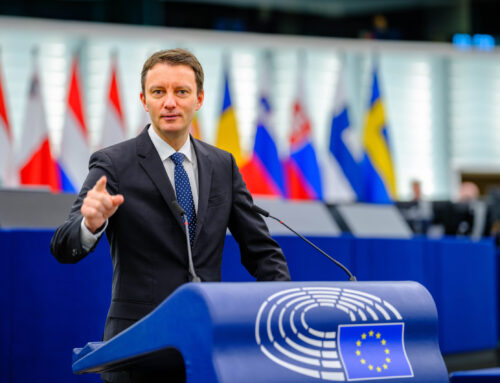
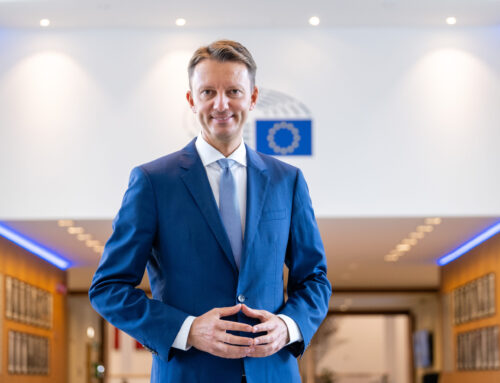
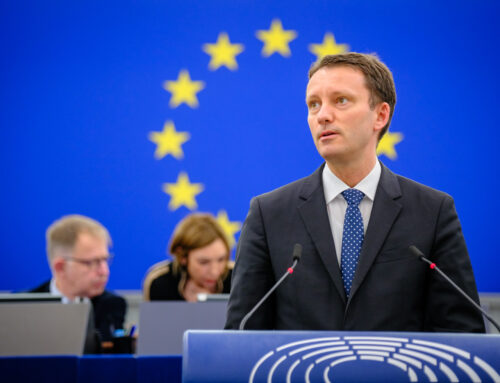
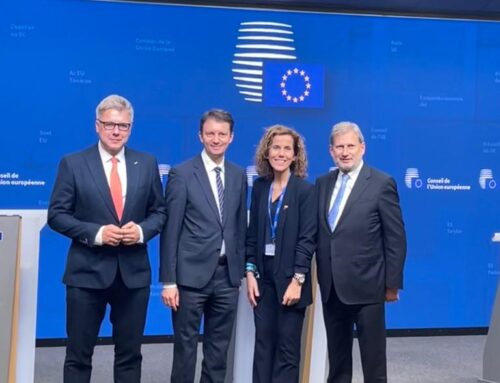
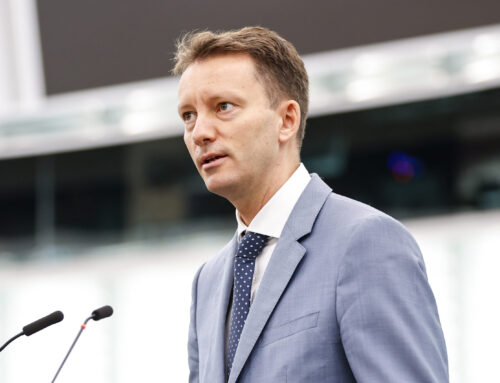
Stay In Touch